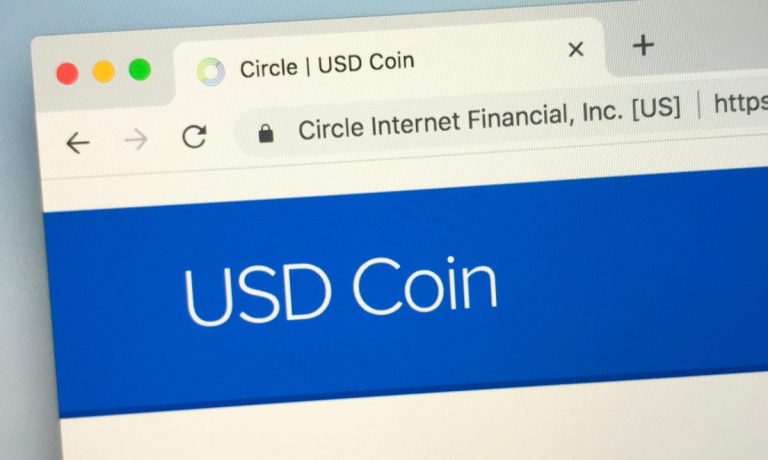Circle Promises to Cover $3.3 Billion Held at Silicon Valley Bank

Circle says it is confident it will recover $3.3 billion in reserves held at Silicon Valley Bank.
The announcement Saturday (March 11) led Circle’s USDC stablecoin to recover after following below its dollar peg. It’s part of the ongoing fallout from the collapse of Silicon Valley Bank (SVB), the biggest banking failure since the 2008 financial crisis.
“This is a time of heightened uncertainty for the USDC economy,” Circle said on its blog. “We remain committed to clear and transparent communication.”
To that end, the company shared that USDC “liquidity operations” will return to normal when U.S. banks reopen Monday (March 13) and that its teams were prepared to handle substantial volume, with USDC remaining “redeemable 1 for 1 with the U.S. Dollar.”
Circle said it had begun transferring the $3.3 billion to other banks on Thursday (March 9), but that those transactions hadn’t settled when business closed Friday. However, the company said it was “confident in the FDIC’s management of the SVB situation and stand ready to receive these funds.”
“However, it is also possible that SVB may not return 100% and that any return might take some time, as the FDIC issues IOUs (i.e., receivership certificates) and advanced dividends to deposit holders,” Circle said.
If that happens, Circle said it will “stand behind USDC and cover any shortfall using corporate resources, involving external capital if necessary.”
The California Department of Financial Protection and Innovation (DFPI) took possession of SVB Friday and appointed the FDIC as its receiver, citing the bank’s “inadequate liquidity and solvency.” The move came after SVB and its parent company SVB Financial Group were beset in recent days by customer withdrawals and a plunge in stock prices.
As PYMNTS wrote recently, the bank’s collapse could have far-reaching and long-lasting effects. For example, startups are concerned about fundraising opportunities, as quite a few investors banked at SVB. There are also worries that tech companies may not be able to find another bank that is as open as Silicon Valley Bank was to work with them in lean times.
SVB’s collapse came two days after another bank — the crypto-focused lender Silvergate Capital — announced its own liquidation. That news followed reports earlier in the day that Silvergate was questioning its viability as a “going concern.”
Circle noted in its blog post that it had no exposure to Silvergate. The company and other crypto firms had cut ties with the bank earlier this month.